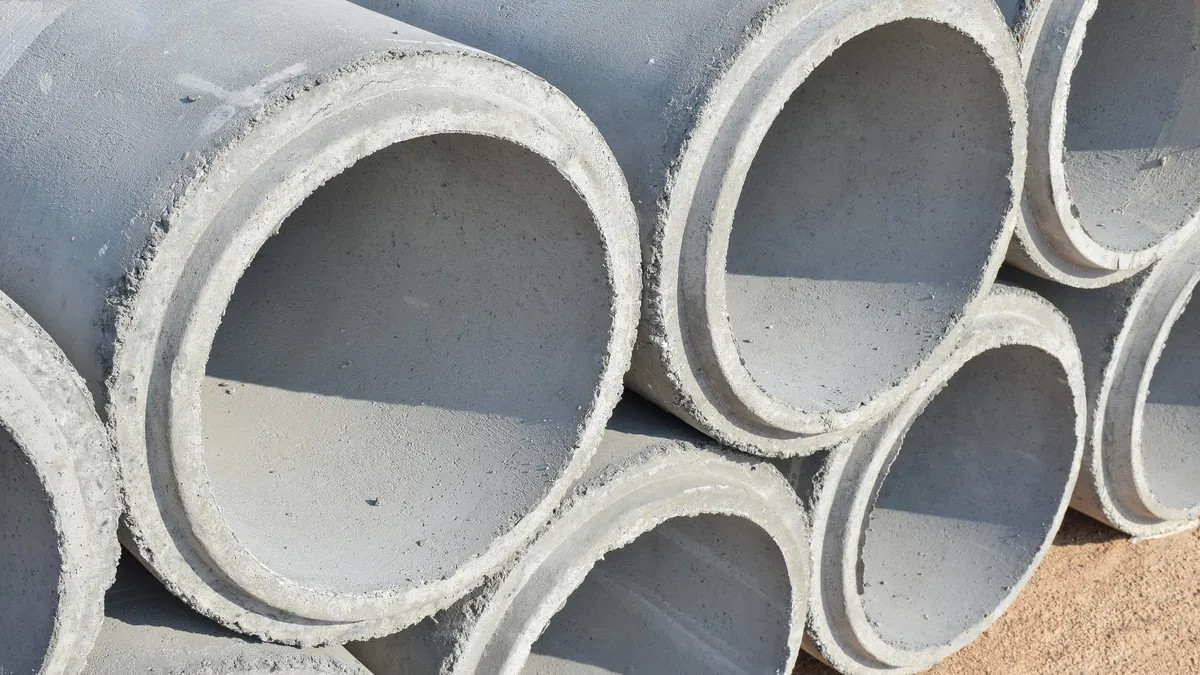Dive Brief:
- New Jersey Gov. Phil Murphy signed a bill this week that incentivizes the implementation of concrete in construction projects with lesser carbon emissions than traditional concrete, an industry associated with 7% of global carbon emissions.
- The law provides tax credits for assessing the “global warming potential” of different concrete mixes, and for concrete used in state projects whose production has lower carbon emissions or captures or recycles carbon generated through the manufacturing process. The state’s Department of Environmental Protection will work to establish embodied carbon standards.
- While many local governments have taken action to minimize emissions from energy use in buildings, future focus on reducing embodied carbon — emissions associated with the materials manufacturing and construction lifecycle — is another way to lessen the built environment’s carbon footprint.
Dive Insight:
New Jersey, which formed a Clean Buildings Working Group last fall, aims to spur the development and implementation of building decarbonization solutions.
“It is the first of its kind in the country and will not only help to reduce emissions from the building sector, but also incentivize New Jersey businesses to invest in low-carbon technologies,” said Sen. Linda Greenstein, a bill sponsor, in a press release.
Assemblyman John McKeon, a bill sponsor, added: “The concrete industry is a leading industrial source of carbon emissions, and a significant portion of concrete produced in the United States is used for public projects. With this new law, we are taking steps to create a healthier and environmentally safer New Jersey for future generations to enjoy.”
The Natural Resources Defense Council said it was among the organizations that lobbied for such a law, which it said builds on the “Buy Clean” policy model. According to an NRDC blog this week, “public procurement is the focal point of the policy, with the aim of mobilizing the significant market influence of state agencies as the single largest purchasers of concrete in New Jersey, and the state’s position as lead regulator of specifications, standards, and codes related to the material and its use.”
At the federal level, the Biden administration announced actions last fall to prioritize the federal government’s purchase of steel, concrete, asphalt and glass with lower emissions; expand lower-carbon construction materials used in federally funded projects; and convene states to partner on Buy Clean.
Neighboring New York has taken steps on low-carbon concrete policy, too, though it has not established an incentives program, NRDC wrote. Policymakers there could look to New Jersey as a model: they “now have a defined policy option to consider in very specific terms, with a view to implementation,” NRDC wrote.











